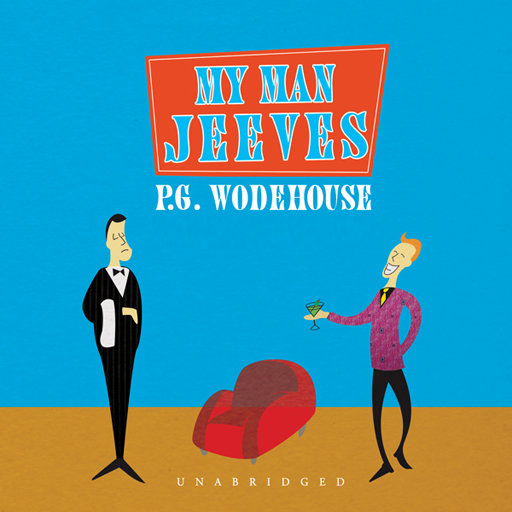She and I were alone in the drawing-room after dinner. Old Yeardsley was writing letters in the morning-room, while Bill and Clarence were rollicking on the half-size billiard table with the pink silk tapestry effects. All, in fact, was joy, jollity, and song, so to speak, when Elizabeth, who had been sitting wrapped in thought for a bit, bent towards me and said, “Reggie.”
And the moment she said it I knew something was going to happen. You know that pre-what-d’you-call-it you get sometimes? Well, I got it then.
“What-o?” I said nervously.
“Reggie,” she said, “I want to ask a great favour of you.”
“Yes?”
She stooped down and put a log on the fire, and went on, with her back to me:
“Do you remember, Reggie, once saying you would do anything in the world for me?”
There! That’s what I meant when I said that about the cheek of Woman as a sex. What I mean is, after what had happened, you’d have thought she would have preferred to let the dead past bury its dead, and all that sort of thing, what?
Mind you, I had said I would do anything in the world for her. I admit that. But it was a distinctly pre-Clarence remark. He hadn’t appeared on the scene then, and it stands to reason that a fellow who may have been a perfect knight-errant to a girl when he was engaged to her, doesn’t feel nearly so keen on spreading himself in that direction when she has given him the miss-in-baulk, and gone and married a man who reason and instinct both tell him is a decided blighter.
I couldn’t think of anything to say but “Oh, yes.”
“There’s something you can do for me now, which will make me everlastingly grateful.”
“Yes,” I said.
“Do you know, Reggie,” she said suddenly, “that only a few months ago Clarence was very fond of cats?”
“Eh! Well, he still seems—er—interested in them, what?”
“Now they get on his nerves. Everything gets on his nerves.”
“Some fellows swear by that stuff you see advertised all over the——”
“No, that wouldn’t help him. He doesn’t need to take anything. He wants to get rid of something.”
“I don’t quite fellow. Get rid of something?”
“The ‘Venus,'” said Elizabeth.
She looked up and caught my bulging eye.
“You saw the ‘Venus,'” she said.
“Not that I remember.”
“Well, come into the dining-room.”
We went into the dining-room, and she switched on the lights.
“There,” she said.
On the wall close to the door—that may have been why I hadn’t noticed it before; I had sat with my back to it—was a large oil-painting. It was what you’d call a classical picture, I suppose. What I mean is—well, you know what I mean. All I can say is that it’s funny I hadn’t noticed it.
“Is that the ‘Venus’?” I said.
She nodded.
“How would you like to have to look at that every time you sat down to a meal?”
“Well, I don’t know. I don’t think it would affect me much. I’d worry through all right.”

